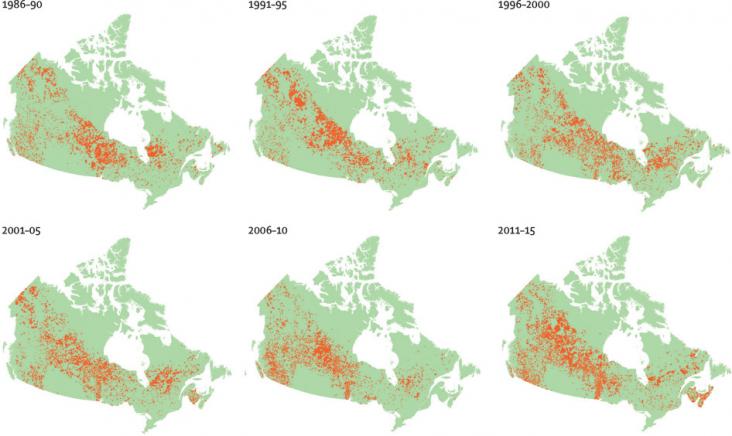Reflects upon emergent challenges and opportunities of developing Positive Energy Districts (PEDs) in Europe. Combines attention to rapid implementation, context-specificity and replicability. Identifies three key themes to enable conditions for upscaling PEDs across contexts. The key themes are: framework conditions, prefiguration and emerging impact of PEDs. Combines expertise of PED-EU-NET core group, spanning PED initiatives across Europe.
An Article in support of all SDGS, particularly SDGs 4, 13, and 17, assessing the interlinkages between the 17 SDGs and climate change.

This article proposes a feasible framework to operate a global market of blue carbon, which helps to mitigate climate change.
Providing affordable access to enough healthy and safe food for an ever-more-affluent and growing world population has become more challenging in the face of climate change, rising income inequality a
In this review paper, we highlight the health implications associated with climate change in Afghanistan and discuss preventive measures to tackle the climate-associated adverse health conditions in the future.
Efficiently harvesting potable water from atmosphere for arid regions.
The article emphasizes the critical need to address the water-food-carbon nexus for sustainable agriculture amidst water scarcity and climate change. Agricultural practices consume large water volumes and generate significant greenhouse gases (GHGs), with consumer food choices indirectly influencing these impacts. Regional dietary patterns further complicate sustainability efforts. The review highlights the importance of reducing water use and GHG emissions in agriculture, promoting plant-based diets for environmental and health benefits, and incorporating comprehensive footprint assessments and socio-hydrology in future research.
Examination of the life-centred design approach, which provides a more holistic perspective to the production of interactive products by decentring humans. Article puts forward a practical framework for life-centred design, allowing for environmental and ethical concerns to be highlighted.

This is an article on the impact of residential exposure to wildfires and the incidence of various cancers, in the context of SDGs 3, 13, and 15, focusing on the need to develop exposure metrics to better estimate the chronic population health burden attributable to environmental pollutants emitted during wildfires.

